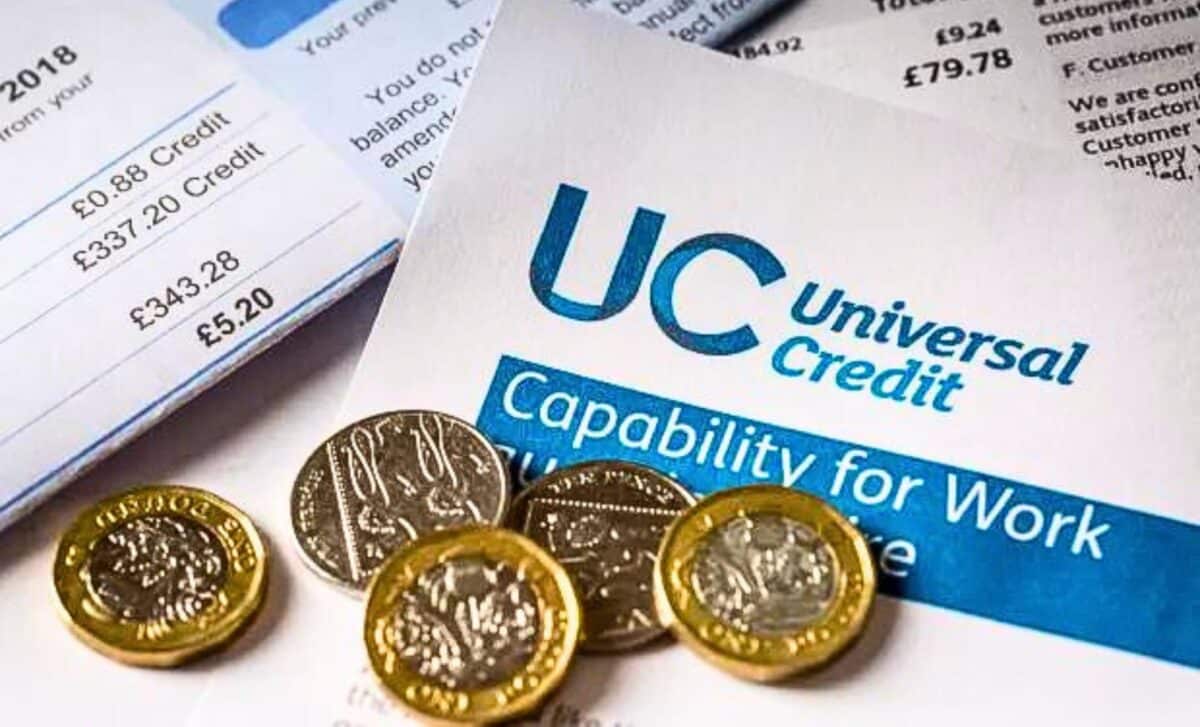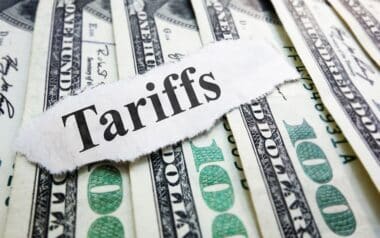This May, expect several changes to the timing of receiving Universal Credit and other benefit payments, particularly due to two upcoming bank holidays. Stay informed on how these adjustments will impact your household finances.
Bank Holiday Payment Dates for Universal Credit and Other Benefits
Your typical payment date is determined by when you applied for Universal Credit and the date it was accepted; there is no set day for everyone.
Most beneficiaries earn their primary payment a week after the initial assessment period ends. If that date falls on a bank holiday, you will receive the money on the preceding working day. This means you won’t have to wait for cash over the holiday weekend.
In addition to Universal Credit, the bank holiday will affect 11 additional benefits. This means that the funds may arrive in your bank account the working day before your scheduled payment date.
They are as follows:
- Attendance Allowance
- Carer’s Allowance
- Child Benefit
- Disability Living Allowance
- Employment and Support Allowance
- Income Support
- Job seekers’ allowance
- Pension Credit
- Personal Independence Payment
- State Pension
- Tax credits (such as the Working Tax Credit).
Income Support, Jobseekers’ Allowance, and Pension Credit payments are typically received every two weeks, with the remainder arriving every four weeks.
It is important to keep in mind that another bank holiday is scheduled for later in May, as a result, payments that would normally be made on May 27 will be moved ahead to May 24.
If you do not get your benefit payment one working day before the bank holiday, it is strongly advised to contact the DWP directly.
If your payment is incorrect, you can file a complaint with them to resolve the issue.
Will your Benefit Payment Value Change?
No, the amount owed to you should not change.
It will only be different if your circumstances have changed since your last payment, and you must notify the DWP of this.
If your normal date for receiving the state pension falls on a bank holiday, there is no need to take any action. Don’t forget that if you get paid early, you’ll need to stretch your money because you’ll have more days to wait until your next payment.
Make sure to consider this into your budget.
What are the Payment Schedules for Additional Bank Holidays?
If your money is not paid on time, double-check the date you regularly receive payments and contact your bank.
Following the forthcoming bank holiday, there are five more this year, which may affect when you receive your benefits. If your payments are due on a national holiday, the DWP or HMRC will make them on the following dates:
- May 6 – payments will be made on May 3 instead.
- May 27 – payments will be made on May 24 instead.
- August 26 – payments will be made on August 23 instead.
- December 25 and 26 – payments will be made on December 24 instead.
It comes as Universal Credit and other benefits have risen in recent weeks. Those receiving Universal Credit had their payments increase along with the Consumer Price Index (CPI) measure of inflation from September – 6.7%.
The increase was revealed in government documents last week, meaning millions of people would see their payments climb by up to £465.
Of course, the amount of your Universal Credit payments will increase depending on your specific circumstances.









